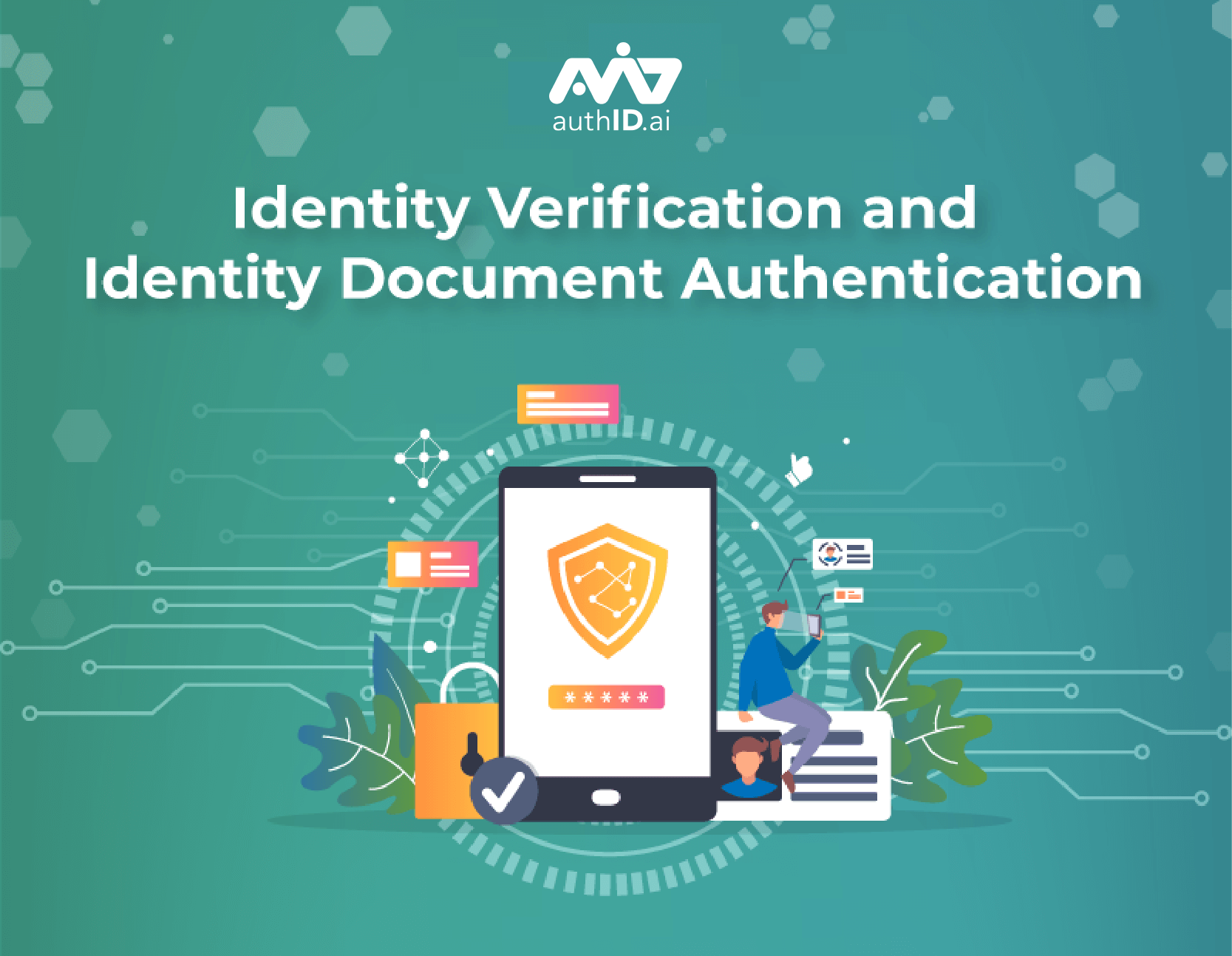Identity assurance is vital for financial institutions as well as other businesses to determine if they are transacting with legitimate customers and part of due diligence for regulatory compliance.
Fraud, identity theft, and money laundering, among other crimes, continue to threaten these establishments, especially if they fail to implement modern, strong security measures.
Illegal transactions can damage businesses and financial firms’ reputation, resulting in revenue loss and customer distrust.
When implementing new remote identity verification processes, companies must replace outdated, manual checks with modern identity verification solutions that are more efficient and effective in weeding out the bad guys early and onboarding good customers with speed.
Knowing their customer’s true identity during remote onboarding contributes to the prevention of criminal activity.
Implementing innovative solutions for identity verification and identity document authentication can improve their security measures while providing a seamless user experience and complying with regulations.

Improving Security and Regulation Compliance with Modern Identity Assurance
The U.S. is stringent in countering attacks against financial institutions, including money laundering, terrorism financing, and fraud.
The Bank Secrecy Act (BSA) of 1970 served as the framework for laws on anti-money laundering and combating the financing of terrorism (AML/CFT).
These laws were expanded with the enacting of the Uniting and Strengthening America by Providing Appropriate Tools Required to Intercept and Obstruct Terrorism Act of 2001 (USA PATRIOT Act), which added more AML and Know-Your-Customer (KYC) requirements for financial institutions.
They also mandate that establishments conduct audit trails as proof of authorized transactions.
However, with technological innovation, criminals are devising new ways to circumvent these security measures.
Synthetic identity fraud and account takeover fraud cases are growing in the United States, and companies must stay ahead of attackers to prevent them from executing their illicit plans.
Businesses must expand their identity verification processes to block criminals from using their services in illegal schemes.
They must leverage technology to their advantage by using modern identity verification solutions such as mobile biometrics and digital identity document authentication.
Mobile Biometrics for Identity Verification
Customers often feel uncomfortable providing personal information for verification procedures, and they usually find conventional Know Your Customer (KYC) processes time-consuming and inconvenient.
These traditional identification methods should be replaced with modern solutions like mobile facial biometrics to enhance security and customer experience while adhering to regulatory compliance.
A 2018 report from the National Institute of Standards and Technology (NIST) shows that facial recognition can match identities with a 99.8% accuracy, and it continues to improve every year.
Biometric authentication provides companies a more secure and less invasive way to verify the legitimacy of the individual trying to use their services.
Customers can use their camera-enabled mobile devices to take selfies and complete the verification process.
Moreover, security features like liveness or anti-spoofing detection can prevent fraudsters from cheating the system and confirm in real-time if users are present.
Digital Identity Document Authentication
Digital identity document authentication is an ideal complement to facial biometrics. It provides customers the option to have their credentials verified remotely rather than in-person.
When onboarding new clients or authorizing transactions, businesses can ask their customers to use their mobile devices to take photos of their ID documents such as their passport, driver’s license, or national ID and submit the document image for validation.
Companies should implement automated document verification that utilizes trusted data sources, like government registries, to authenticate these credentials.
Relying on manual inspection of documents by employees with no or limited training in forensic analysis can result in delays and errors in identity document verification.
Identifying the validity of a client’s submitted documents allows firms to determine forgeries and mitigate potential illegal activities. Moreover, it is essential for anti-fraud regulations.
Conclusion
Mobile facial biometric verification technology can help businesses determine the legitimacy of new customers and automated identity document verification validates that their submitted documents are authentic.
By proofing a customer’s identity and verifying the authenticity of their credentials, financial institutions can more effectively identify potentially fraudulent individuals and deny them access to the company’s services.
Implementing mobile biometric identity verification is advantageous for firms as these solutions help them mitigate illegal financial activities, comply with regulations, and provide customers a seamless user remote onboarding experience.
Enhancing digital trust in the financial sector strengthens a company’s reputation and increases consumer trust.
Proof™ and Verified™ by authID allow firms to harness mobile technology for identity verification as well as automated identity document authentication to help grow the business with the highest level of integrity and assurance.
Schedule a Demo with authID
authID.ai is a provider of an Identity as a Service (IDaaS) platform that delivers a suite of secure, mobile, biometric identity solutions, available to any vertical, anywhere. With authID‘s solutions, businesses can verify their clients’ legitimacy and authenticate identity documents securely and efficiently. Contact authID today at +1 (516) 778-5639 or click here to schedule a demo.

